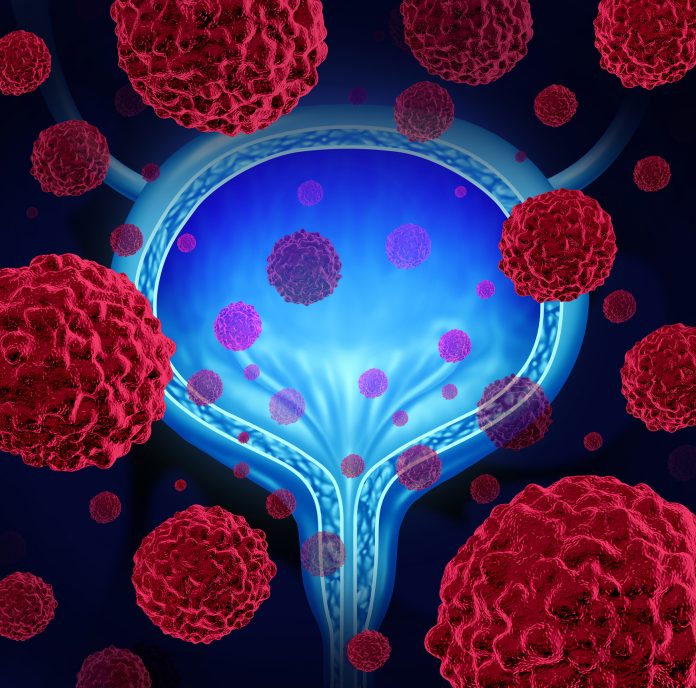
Results from the newly published, practice-changing NIAGARA trial represent important progress towards curing bladder cancer, though expert opinion suggests predictive biomarkers could improve survival further.
Findings from the open-label trial, which appear in the current issue of the New England Journal of Medicine, showed the advantages of immunotherapy-based therapy for patients with muscle-invasive bladder cancer.
The study, which was first presented at this year’s European Society for Medical Oncology congress, revealed survival benefits with perioperative treatment using the checkpoint inhibitor durvalumab compared with neoadjuvant chemotherapy alone for operable bladder cancer.
“Overall, these results from NIAGARA establish a new standard of care for perioperative therapy for patients with muscle-invasive bladder cancer,” according to Matthew Milowsky, MD, a medical oncologist from the University of North Carolina Lineberger Comprehensive Cancer Center, who wrote an editorial to accompany the study findings.
The trial, conducted by Thomas Powles, PhD, from Barts Cancer Institute in London and colleagues, studied the efficacy of neoadjuvant treatment with the programmed death-ligand 1 (PD-L1) inhibitor durvalumab plus gemcitabine–cisplatin, followed by radical cystectomy and adjuvant durvalumab every four weeks for eight cycles in patients with muscle-invasive bladder cancer.
This was compared with neoadjuvant gemcitabine–cisplatin followed by radical cystectomy alone.
Among 1,063 trial participants who underwent randomization, event-free survival at two years was significantly better in those who received durvalumab compared with those who did not, at 67.8% versus 59.8% (hazard ratio for progression, recurrence, not undergoing radical cystectomy, or death from any cause=0.68).
The secondary end point of estimated overall survival at two years was also significantly better with durvalumab at 82.2% compared with 75.2% among patients not receiving this.
“Although NIAGARA is the first randomized phase III trial to upend the current standard neoadjuvant approach for muscle-invasive bladder cancer, there is most certainly not a one-size-fits-all approach to treatment,” commented Milowsky.
He points out that two, phase II studies evaluating neoadjuvant immune checkpoint inhibitor monotherapy showed a pathological complete response in a promising percentage of patients, with correlative studies suggesting the potential for immune-related predictive biomarkers.
“Other studies have used integral biomarkers, such as DNA-repair genes that may be associated with markedly high sensitivity to cisplatin, to select patients for avoidance of cystectomy, and retrospective analyses have suggested that circulating tumor DNA may be prognostic and predictive for recurrence in patients receiving adjuvant or neoadjuvant therapy,” he added.
In particular, the ongoing IMvigor011 and MODERN trials are testing the role of circulating tumor DNA to guide the use of immunotherapy after cystectomy.
“The results of the NIAGARA trial represent an advance toward the goal of curing more patients with bladder cancer,” he summarized.
“The future remains bright with the promise of incorporating new treatments and predictive biomarkers to select the right patient for the right treatment every time.”








![Best Weight Loss Supplements [2022-23] New Reports!](https://technologytangle.com/wp-content/uploads/2022/12/p1-1170962-1670840878.png)




